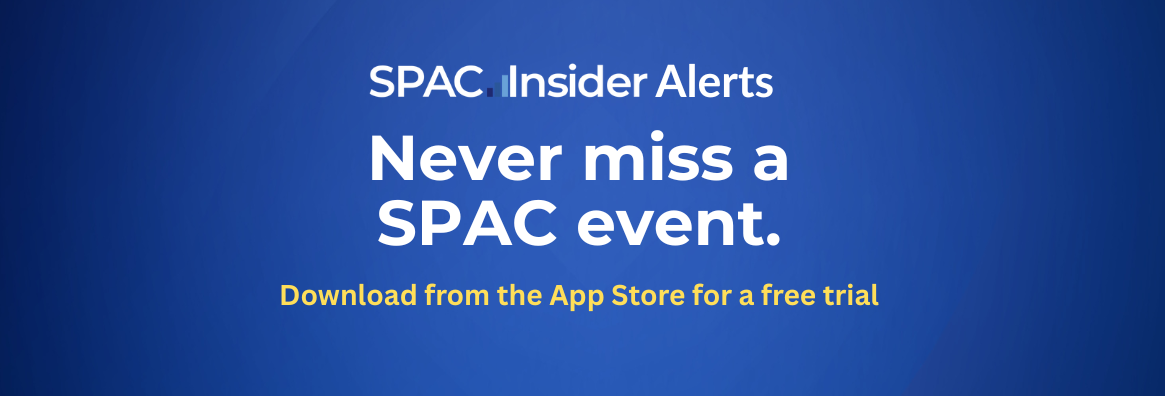NASDAQ Issues FAQs on New Liquidity Standards
Carol Anne Huff, from Kirkland & Ellis, is back, once again, to help provide some much needed clarity on the recent Nasdaq rule changes that are set to go into effect starting next Monday, August 5th. In light of these changes, the Nasdaq recently put out some FAQs in an effort to clear up any outstanding questions. Read below for Carol Anne’s interpretation of the newly released information and how it will affect SPACs going forward.
If you’d like to read up on Carol Anne’s initial assessment of the Nasdaq rule changes, go HERE.
If you would like to read her previous two-part series as a refresher, you can read Part I HERE and Part II HERE.)
NASDAQ Issues FAQs on New Liquidity Standards
What do SPACs need to do for privately placed shares to be treated as “unrestricted”?
By: Carol Anne Huff, Kirkland & Ellis LLP*
Nasdaq’s new liquidity listing standards go into effect in a few days on August 5th. Nasdaq has provided some important guidance today in the form of FAQs that will help SPACs answer the question on everyone’s mind – What needs to be done to have privately placed shares count as “unrestricted” at the time of the business combination?
Although Nasdaq’s definition of “restricted securities” broadly picks up any securities considered “restricted securities” under U.S. Federal securities laws, Nasdaq’s FAQs clarify that shares registered for resale on a shelf registration statement can be treated as “unrestricted” if certain conditions are met.
Specifically, the issuer and the holder must have taken all steps required to permit the shares to be freely transferred. The FAQ states that “…if a company provides, and the transfer agent accepts, a blanket opinion permitting the resale of those securities in the future, and there are no other actions that the company or investor must take to remove the restrictive legend on the securities, Nasdaq would not consider the securities to be ‘Restricted Securities’.“
This clarification is good news for SPACs. It makes clear that an issuer need only provide a blanket opinion that shares can be sold pursuant to the registration statement and the legends removed upon sale. This keeps issuers (and their lawyers) from being placed in the tricky situation of removing legends from restricted securities prior to the shares actually being sold pursuant to the registration statement.
Because it is the transfer pursuant to the registration statement that causes shares to be unrestricted for federal securities law purposes, until sold, the shares technically would remain restricted. Issuers (and their counsel) are generally not willing to remove legends in advance of an actual sale or contemplated sale transaction. Nasdaq’s position reflects a good deal of pragmatism. After all, once the shares are registered for resale and an opinion on file with the transfer agent, there is no reason those shares should be treated as illiquid.
As discussed in my July 10th post, Nasdaq has informally indicated that SPACs that are merely continuing a listing, should continue to benefit from Nasdaq’s normal delisting process. This should give those SPACs more time to have a shelf registration statement effective post-closing. However, SPACs effecting their business combination through a new holdco (which you can tell because a newly-formed entity files a Form S-4 in addition to the SPAC’s proxy statement) will presumably need to have a shelf registration statement effective at closing in order for any PIPE shares to count as “unrestricted.” This will be a change in practice because PIPE subscription agreements generally have not required SPACs to file a registration statement to permit resale of PIPE securities until post-closing.
Unfortunately, SPACs with an approaching closing date may have trouble having a shelf registration statement effective at closing. If important to meeting the liquidity standards, this could mean pushing out their expected closing dates.
*Carol Anne Huff is a partner at Kirkland & Ellis LLP and regularly advises clients on transactions involving special purpose acquisition companies.

